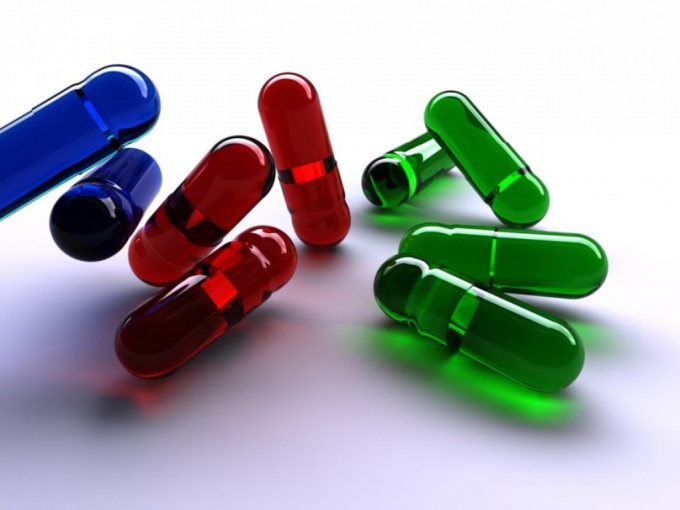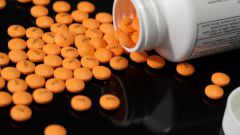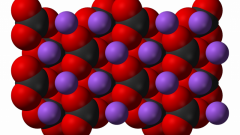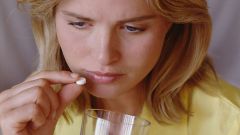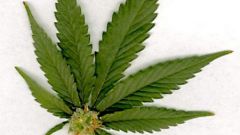Instruction
1
The main organ of excretion of drugs from the body are the kidneys. The removal is done by filtering. The acid reaction of the urine promotes the excretion of alkaline compounds and hinders the excretion acidic. So intoxicated with drugs of acidic character (e.g., barbiturates) using sodium bicarbonate or other alkaline compounds, and during intoxication with alkaloids having an alkaline character, use the ammonium chloride.
2
To accelerate removal of drugs from the body and the appointment of potent diuretics, for example, osmotic diuretics or furosemide, against the introduction into the body of large amounts of fluid (forced diuresis).
3
Through the lungs are derived volatiles and gases (ether, nitrous oxide, camphor, etc.). To accelerate their release it is necessary to increase pulmonary ventilation.
4
Drugs that are poorly absorbed from the gastrointestinal tract, are excreted by the intestine and used in gastritis, enteritis and colitis (e.g., astringents, some antibiotics used in the intestinal infection). In addition, the liver cells drugs and their metabolites into the bile and with it goes into the intestine, where either re-absorbed, delivered to the liver, then the bile into the intestine (enterohepatic circulation) or excreted with feces.
5
Many drugs can "connect" with milk, especially a weak base and non-electrolytes, which should be considered when treating nursing mothers. At home, you can use absorbents, e.g. activated carbon.
Note
But remember that in any case it is necessary to consult a physician. Independent prescribing the womb of dire consequences.
